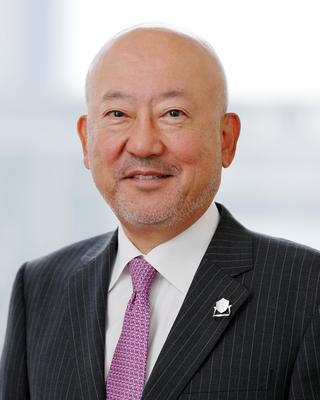Media 2020.12.28
Japan in TPP and RCEP

Questions:
How will Japan balance its commitments to the Trans-Pacific Partnership (TPP) and RCEP, with the US and China respectively?
Additionally, both Japan and Australia are enthusiastic about RCEP despite their strategic differences with the primary driver of this grouping - China. How are both countries able to maintain a separation between their strategic and economic compulsions while dealing with China? What can India learn from them? Will this weaken India’s position in the QUAD?
Mr. Horii:
The Japanese business interests I see can be summarized as follows. Firstly, TPP gets the priority because of its high standards applied to not only trade, but investment, competition policy, and even labor market policy. Also, it may include the US, going forward, the prospect that enticed other Asian members to accept CPTPP or TPP-11 at the time that President Trump ordered US withdrawal from the TPP.
I pushed hard on the government for TPP-11 when foreign policy circles in Japan thought it might be futile to go for it without US participation. I did it purely for business interests. I had asked a lot of my colleagues of Keizai Doyukai (Japan Association of Corporate Executives) about their specific plans after TPP was ratified. Virtually all the plans proved to be aimed at Asian markets, where a labyrinth of regional FTAs/EPAs complicated Japanese business activities there to make only lawyers happy. The US markets were already open enough or large enough to do business separately. Therefore, we believed and still believe that TPP would benefit the Japanese businesses in Asia markets.
Take just trade for example. TPP standardizes customs clearance procedures, warehousing requirements, B/L documentation, to say nothing of reduction in tariffs. Also, the dispute settlement mechanism of CPTPP will block nepotism or unfair business deals, which you may see prevalent in many Asian countries and Chinese businessmen are very good at.
Secondly, RCEP is important, viewed from the same perspective as above. Its standards are lower than TPP, but better than spaghetti bowls of FTAs and EPAs. A great majority of Japanese business leaders want to see FTAP or an FTA covering both Asia and the Pacific-rim countries, going forward.
Although President Xi has recently expressed his interest in TPP, China will be unable to join CPTPP without drastic changes in a number of fields. For example, there is no proper labor union in China.
Let me point out one simple thing: You cannot contain China like the West did to the Soviet Union during the Cold War. China’s economy is already integrated with the global economy closely. Its market of 1.4 billion population is too big to dismiss.
No wholesome US-China decoupling is likely to happen. Selective decoupling will happen in the area of sensitive technology including dual use tech. It will happen in the area of defense-related industries. How to define these sensitive or defense-related, or even decouple is a moot point and the answer will vary over time, depending on developments of conflicts between the two countries. It is interesting to note that Apple has continued to produce its product virtually 100% in China and also that US financial firms like GS and JPMC have increased their businesses in China even during the Trump presidency.
QUAD is more of a defense cooperation than of a general nature. I am sure that the US, Japan, and Australia welcome India’s active involvement in defense cooperation including cooperation in 5G mode and other sensitive/defense-related business areas. This can happen with or without RCEP. I am not sure about their willingness in areas of intelligence and surveillance.